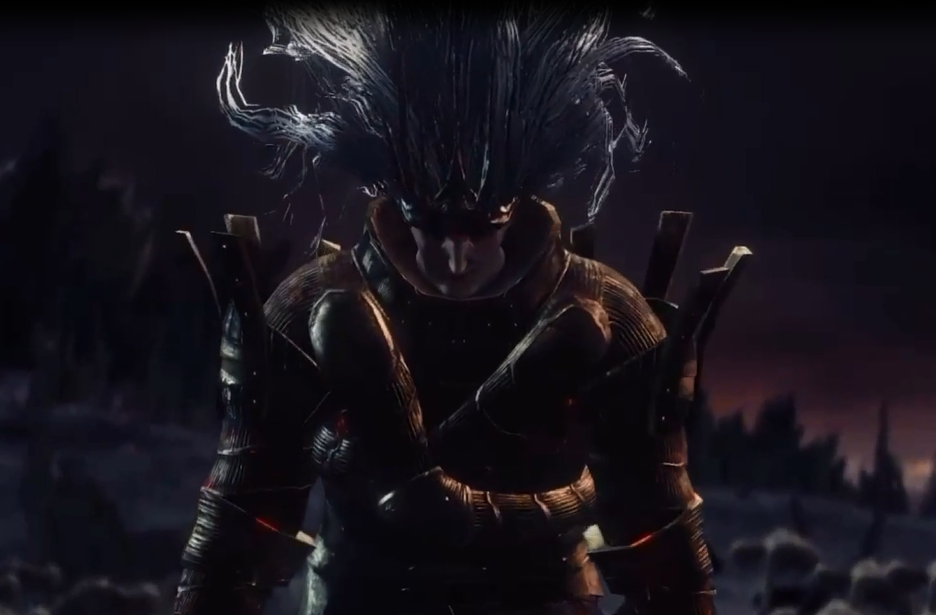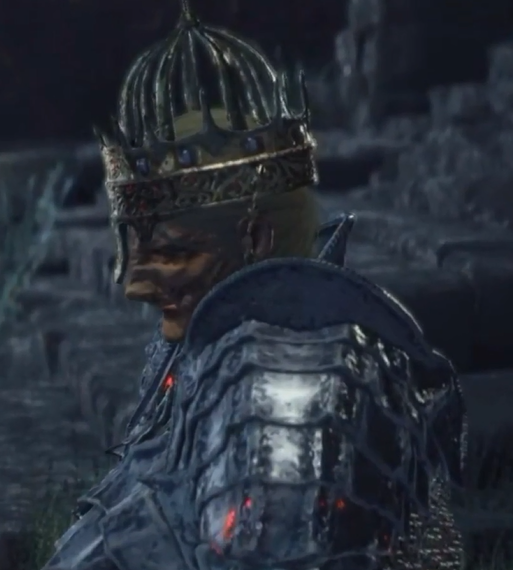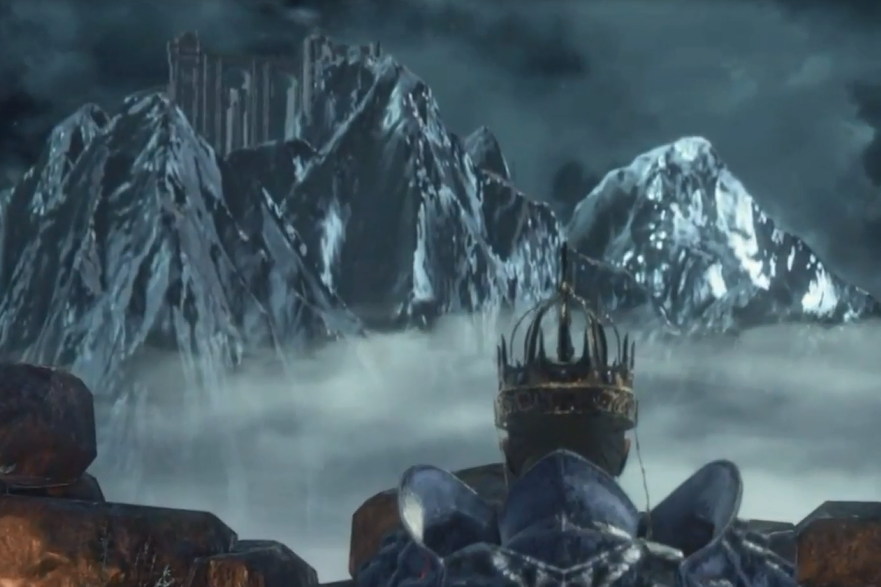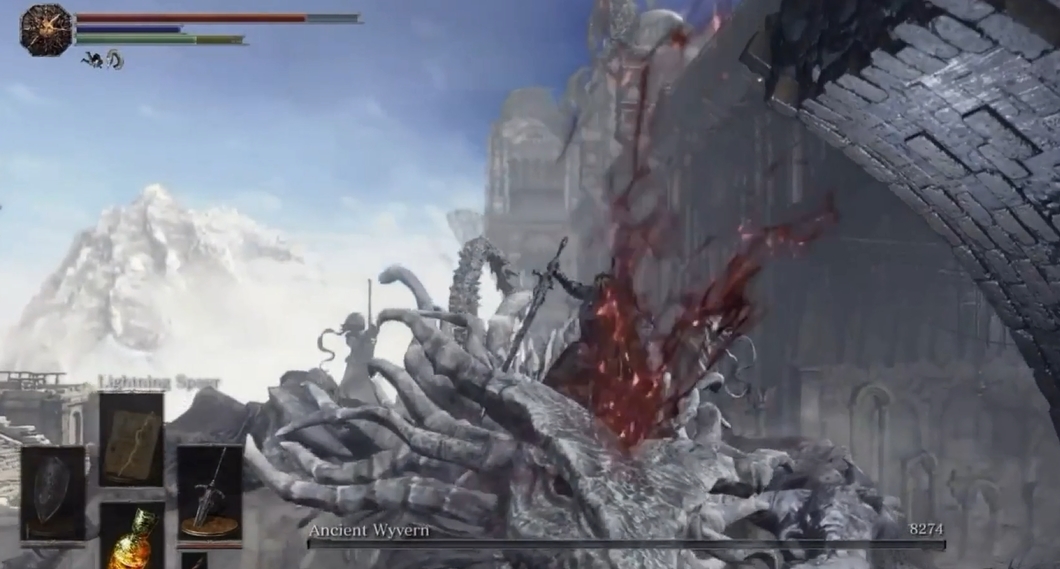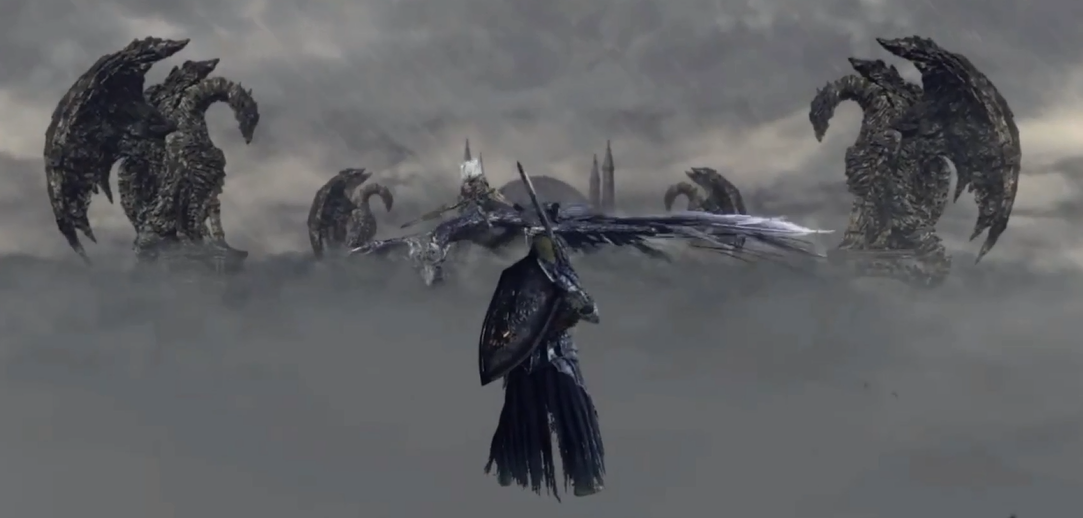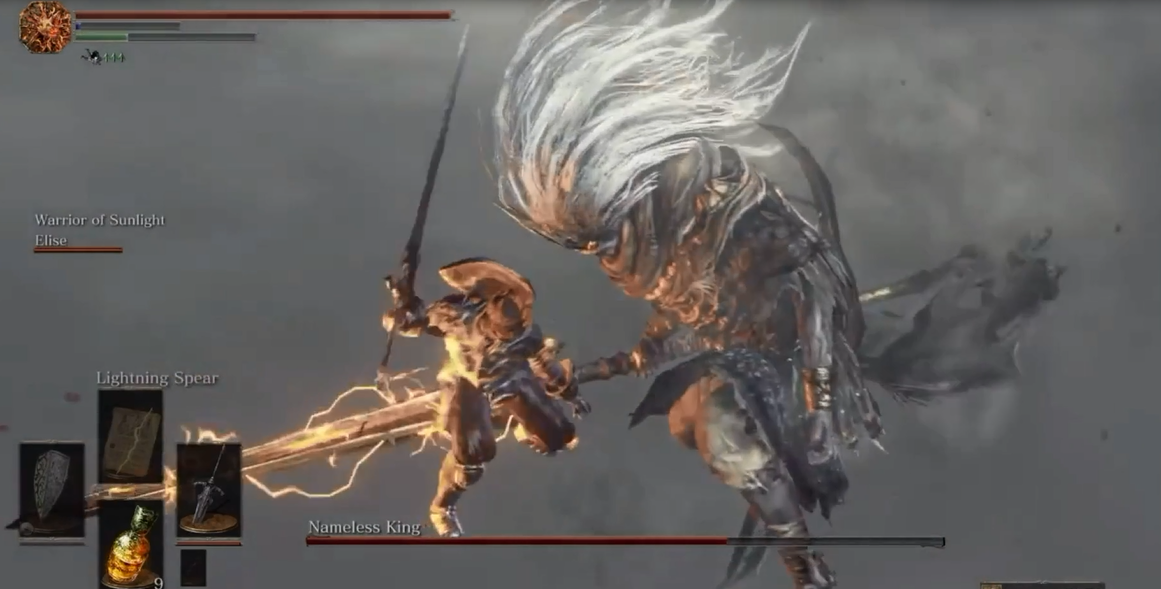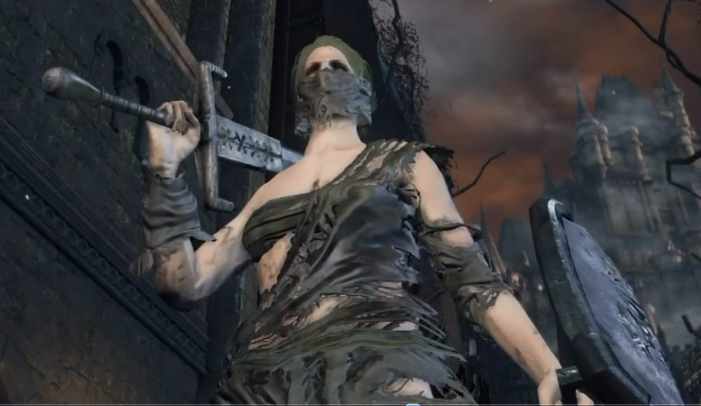In episode three, "The Stove Confessionals," we read the Grimm Brothers tale "The Goose Girl" (AT-533 The Repressed Bride, if you're keeping track on your Bingo card). This is a tale where a princess loses a bloody rag, is forced by her maid to strip and then wear shitty clothes, braids her hair in a field of geese for a few days, talks to the bloody severed head of a horse, and tells all her secrets to a stove so that she can be reinstated as a princess and watch her maid die a terrible bloody death inside a barrel.
Typical.
It's also the first instance in the podcast where we start to connect our tales. In this case, we decide that the Goose Girl is the Mastermaid's daughter, which of course makes her Immortal Bony's granddaughter. We base this decision on a few points of evidence within the story:
Typical.
It's also the first instance in the podcast where we start to connect our tales. In this case, we decide that the Goose Girl is the Mastermaid's daughter, which of course makes her Immortal Bony's granddaughter. We base this decision on a few points of evidence within the story:
- The mother of the Goose Girl possesses the same blood magic as the Mastermaid, making three drops of blood speak when invoked.
- The father is not in the picture, and in some versions of the tale has been dead for many years. This, we believed, was the ultimate plan of the Mastermaid because there's no way someone with her intelligence and abilities would be happy with that airheaded prince
- The Goose Girl displays some magic of her own with the whole wind stealing the hat business in the field of geese, which is presumably inherited from her magical bloodline, reaching back to Bony.
- Her hair is described as "pure gold," so maybe the Mastermaid used some of that special gold brew that had turned her dumb husband's lock of hair into gold to fix up her daughter with some sweet locks
Of course, being the daughter of the Mastermaid and granddaughter of Immortal Bony raises some questions about the character of this meek and subservient princess. SurLaLune has some excellent annotations on this story that discuss the symbolism present in the mother's gift, as well as the cultural expectations of the day, which are all sound literary theories, based in reason and research.
That is not our business, however. Our business is to make wild suppositions and unfounded conclusions in order to drag these tales out of their silliness and into a more modern story, like Once Upon a Time but less blatantly Disney-influenced.
So I have two theories. The first is the simple explanation that she inherited a little too much of her father's personality, and maybe her mother is sending her away to a distant kingdom to rid her own kingdom of that weak-willed influence, or simply because she can't stand this reminder of her obnoxious dumb husband. She sent her with a treacherous maid and what is ultimately a fairly useless trinket of protection with the intent to have her betrayed on the road and unable to inherit any kingdom.
The second is that this persona is but a ruse, one meant to take care of two people: the chambermaid and the talking horse.
While the simplest explanation is usually the most accurate, I'd rather give the Bony line the benefit of the doubt and not simply write this woman off as a meek and mostly-useless princess. I'd love for our version of this larger interconnected tale to be filled with capable female characters with complicated motivations and important roles to play on both sides of the greater war. So let's explore this second option a little, shall we?
First we have a chambermaid who has notions well above her station, is not hesitant about usurping the princess and taking her place, and goes to desperate lengths to keep her ruse up. She could be an ordinary greedy mortal or, perhaps... a troll trying once again to gain access to a kingdom. After all, trolls can pass as ordinary people, and they seem to be constantly trying to marry princes through trickery. Also this particular family line has already had at least two run-ins with trolls, so there could be some vengeance involved if this troll is at all related to the one they turned into nanoparticles. She could also be related to the troll that the Mastermaid apparently killed in the process of taking over her home, like a granddaughter or something.
Then we have the talking horse Falada, who during the entire exchange between the princess and the chambermaid does not say a word, and who does not betray the chambermaid immediately upon arrival. They are not in cahoots, though, because the chambermaid has him killed for fear of betrayal. So the horse does not protect the princess, and is not guaranteed to protect the chambermaid.
In these early episodes, we had lofty ideas about being able to do real-people research into symbolism behind these folktales. In this research, we discovered that horses are often clairvoyant in folktales, giving warnings to the heroes in a manner very similar to the birds. But this one, in spite of his ability to talk, does not give any warning or assistance while alive. I don't think all horses are necessarily aligned with birds, as we've had some fairy-friendly magic horses who are usually known for incredible speed, as well as the giant's fire-breathing horse. Horses might simply choose sides individually, and this one has not chosen the side of the Immortal Bony line.
For this reason, the princess does not lift a finger to save his life, though several translations of the story make it clear that she pays off the slaughterer before Falada's murder. She doesn't have his blood on her hands, so she doesn't inspire other horses to martyr him and join sides against her family, but he is out of the way.
The only words we ever hear from the horse come from his severed head that she has nailed to a gate, which doesn't seem like the action of a meek and subservient innocent. Perhaps she inherited some of her mother's blood magic, and is making the blood of the horse's head speak for her.
There's one more detail in this story that tells us a little more about Bony's family and their value to this war. When the Goose Girl gets around her vow never to tell anyone about the chambermaid's treason, she does so by talking to an iron stove. In some versions of the story, she even crawls into the iron stove. This would indicate that she does not possess the fairy weakness to iron. Whether this is a result of diluting blood with a human, or if the Bony line is not technically a fairy line, they would be useful allies to a band of creatures who cannot fight a common metal. This could be more proof that the Czech tale Goldenhair is an origin story of Bony and his line, and that they potentially started as humans before Bony chugged the waters of life and death at the same time.
If you have any insights or ideas for how the Goose Girl can weave into the greater realm of folklore, please comment or send us an email. And, as always, we love getting story suggestions from you!



